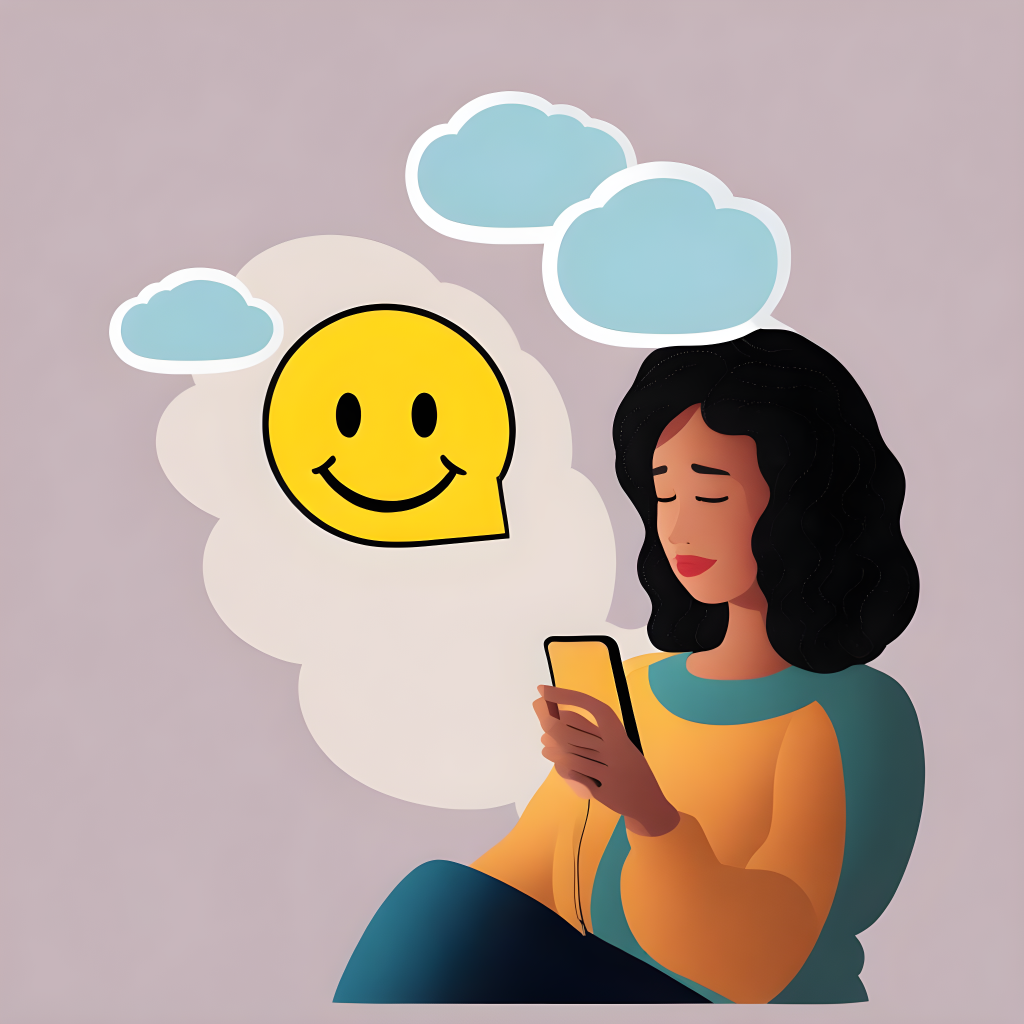
When reflecting upon experiences with digital technology I had when I was little, I immediately thought of the many early mornings spent with my little brother before going to our primary school classes. Every morning when we woke up we would sneak past our parents room, go downstairs, grab our Nintendos and turn on the TV on our favourite cartoon channel. Proudly we sat in front of our screens, a real feat not to have woken up our parents considering the very squeaky floors in the house. Time for our reward! Full indulgence in our digital freedom. Hundreds of various games to play, probably installed illegally, on a single cartridge.
Then vs now
As kids, playing games to regulate boredom and respond to juvenile curiosity seems very reasonable. As an adult however, you would be faced with more responsibility to justify the same choice. ‘Playing’ is seen as something unserious and thus less worthy of ones time than something more ‘productive’. It is promoted to use digital technology with intend of pursuing productivity or efficiency. Yet I wonder, have things really changed now that I am an adult? When I was young, me and my brother’s stealthy digital endeavours was a direct response to the boredom, or even loneliness, of waking up earlier than our parents. As adults, are we capable of engaging with technology and the digital independently of our own emotional needs? Or are they more closely intertwined than we would like them to be?
Nowadays when I wake up, I still find myself staring at a screen. Instead of playing games you can find me scrolling on social media. It would not surprise me if it was the case that even though the content is different, I am engaging with it for all the same reasons as when I was little. A few reasons I would go online would be: to alleviate boredom, to distract myself from unwanted negative feelings or to fuel curiosity. Most of the time it is not solely for the purpose of efficiency or productivity, most of the time I am pulling out my phone without even processing that I am doing so. Thus it seems more likely that in my half subconscious acting, I am not engaging in the usage of digital technology as a tool independent of my emotional needs. Instead, precisely acting upon them.
Emotional Regulation
This week I came across a study looking at ‘Digital Emotion Regulation’ in everyday life. In the study they examined the recorded interactions of adults between their usage of digital technology and their emotions. They found that the adults reported using “a diverse range of emotion-shaping tools and strategies as part of coping with daily challenges, managing routines, and pursuing work and social goals.”

A different study also inspecting the relationship between technology and emotional regulation observed that smartphones were found to be used by the adults to regulate boredom, stress, loneliness, tiredness and sadness. And not just a little bit, but fascinatingly up to half of smartphone use may be for the purpose of emotion regulation! Users reported to have perceived that smartphone-based emotion regulation does indeed have effect in alleviating negative emotions and attaining desired emotional states, however only appearing to be successful short-term.
For the future
The significance of these findings according to the researchers lies in highlighting the importance of digital emotional regulation within debates and research about the general impact of technology on social and emotional well-being. It is a question that comes up quite frequently in general discourse around the growth of the digital technological sphere. There is a common notion in the public sphere lately, that digital technology is negatively impacting our mental well-being. Yet to just leave it at that means undermining and not recognising our dependency actually yielding short term positive results. Digital technology does seem to be to some extent effective in regulating and directing individual emotions.
Now that I can keep in mind the prevalence of digital and emotional regulatory relationships, I feel the pressure of digital technology being promoted as something that ought to be independent from emotions, or as something productive, lessen a bit. Digital technology has become not just a tool for keeping contact, following recent news, more efficient workflow and productivity. It has become a tool to ground ourselves. If it is the case that there are times we engage with digital technology in order to, likely subconsciously, regulate our emotional turbulence that is directly resulting from the stresses and uncertainties that arise along the ever technologically innovating path we walk along, we need to be aware of the paradox that develops here. However if the stresses and uncertainties are due to public sphere consensus on how digital technology ought to be used, then I’ll just let myself scroll around instagram for a bit. Or I might have to dig up my old Nintendo.


Interesting post! The first part is very relatable, I just recently rediscovered my old Nintendo and had a Mario vs. Luigi battle with my brother for old times sake. I agree that it doesn’t have to be a negative thing and can be healthy mental behaviour to use your phone for emotional relief or regulation. Sometimes it is nice to have a break from having to be productive or feeling that it is only good to pursue hobbies in your free time that have a more ‘productive’ feel about them (reading, playing piano or something like that). Sometimes you just want to do useless shit on your phone to chill. I think it is good you mentioned the paradox that arises as well. For me personally these little burst of temporary relief of emotional relaxation can sometimes be addictive and sometimes I feel the impulse to have emotional stimulation all day long and it gives an opposite effect. I usually end up procrastinating things that I have to do by sitting on my phone for a long time. But I agree that this still does not make doing things that are seen as useless on your phone a bad thing if you are doing it moderately. And to be honest if I was born 30 years earlier, I probably would still be procrastinating things but on another medium. It does not mean that being on your phone is better or worse than other kinds of relaxation or emotion regulation and this post has made me more inclined to feel that it is ok to just scroll on Instagram for fun sometimes and I do not have to feel bad because I am spending my time on useless things, because having emotional relief is a usefull thing sometimes.
I really enjoyed the angle you took with this. As you mentioned, digital media use is often heavily associated with deteriorating mental health or as a “bad habit” in some cases. It’s a refreshing standpoint to put a positive spin on things. I definitely relate to a lot of the things you mentioned, and I would also say I use digital media as a way to regulate my emotions. I would go so far as to say that even interacting with digital media that makes me feel sad is a cathartic way for me to deal with emotions I usually avoid in day-to-day life. Also, this post definitely lessens the guilt I feel when I spend just a little too much time online, especially when gaming haha. Super interesting topic overall!